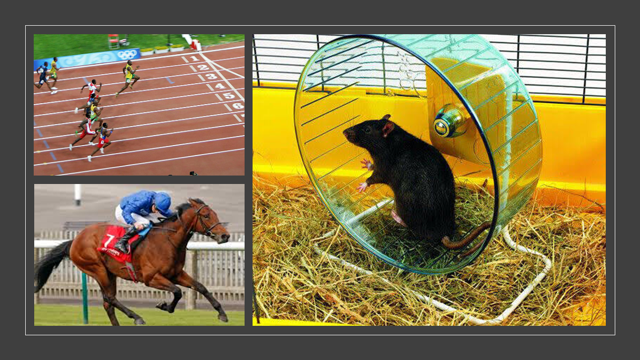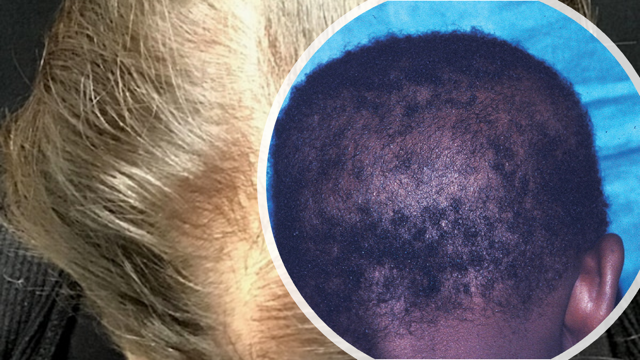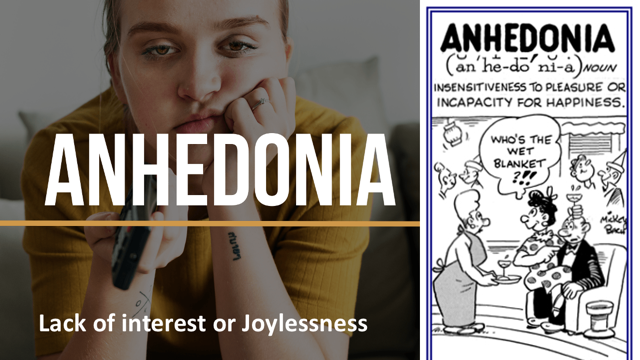You might have heard it more than a million times that exercise is good for you. If you had ever bothered to exercise or take up sports, ever wondered why you felt hungry afterwards? The answer is that when your blood sugar is low, which may or may not have been caused by exercise alone, a hormone called ghrelin, is released by the enteroendocrine cells of the gastrointestinal tract. This hormone, popularly called the “hunger hormone” increases the urge to eat.
But exercise affects people in different ways. In some people depending upon how strenuous the exercise regime is, exercise instead of inducing hunger rather suppresses food intake. While others have complained of feeling nauseous after an exercise regime. This of course is caused by a drastic decrease in the blood flow to the abdominal organs as blood is pumped instead to the muscles and skin to compensate for the increased work rate of the two organs.
Whatever is the effect of exercise vis-a-vis food intake, one thing is clear, it protects your body against type 2 diabetes, obesity, heart attack, stroke and other cardiometabolic diseases. Whereas, physical inactivity increases the risk of obesity, high blood pressure, etc.
The simple act of movements or physical activity, causes mechanical stimulation of bones. The stimulation of bones triggers cell differentiation, which leads to the beneficial effect of bone formation. Secondly, bone stimulation results in the expression and secretion of a signalling molecule called stem cell factor (or SCF). The SCF maintains close by cells called common lymphoid progenitors (or CLPs). This maintenance of populations of CLP is important for the cells to differentiate into immune cells called lymphocytes. Thus, exercise also helps your body fight infections.
How exercise confers metabolic benefits to us however, has not been clearly defined in molecular and cellular terms, until now. Li and coworkers writing in the June, 2022 issue of the journal, Nature, announced the discovery of a molecule called N-lactoyl-phenylalanine (aka Lac-Phe). Lac-Phe is seen in the blood of mice run to exhaustion on mouse wheels. It is a blood-borne signalling metabolite, which is associated with reduction of food intake after intense physical activity in mice. It is also found to trigger weight loss.
Lac-Phe is a conjugate of lactate and phenylalanine. Lactate is generated from metabolism (i.e. conversion of food into energy in the body), during intensive physical activity. The burning sensation you sometimes experience when you overexerted a muscle, is as a result of the generation of lactate by your body. Phenylalanine on the other hand, is simply an amino acid – amino acids are building blocks of proteins.
Lac-Phe according to Li and coworkers, was not only seen in the blood of mice after a strenuous exercise regime, but, “large activity-inducible increases in circulating Lac-Phe are also observed in humans and racehorses”. The amount of Lac-Phe produced in the body after a physical activity depends on the type of exercise undertaken. In other words, the more strenuous the exercise regime, the more the Lac-Phe levels in blood rises. For example, Lac-Phe is seen in highest level in the blood plasma after a sprint exercise followed less by a resistance training (weight lifting), and lesser still by an endurance training (jogging, swimming, walking, biking, etc.). It returns to the basal level one hour after the exercise regime.
Lac-Phe is produced by an enzyme called CNDP2. Mice lacking this enzyme failed to lose as much weight as those with the enzyme when both were placed on an exercise regime. The biosynthesis of Lac-Phe from lactate and phenylalanine occurs in cells harbouring the enzyme, CNDP2, which include macrophages, monocytes and other immune and epithelial cells found in many organs. Thus, reinforcing the fact that physical activity confers immunological advantage to the body.
In the study by Li and coworkers, when diet-induced obesity mice were given high doses of Lac-Phe, food intake by these obese mice was suppressed by 50% over a 12-hour period without compromising their movement and energy expenditure. Continuous administration of Lac-Phe to these mice for over 10 days reduced food consumption and body weight (caused by a decrease in body fat), and improved glucose tolerance (i.e Lac-Phe reduced type 2 diabetes). Contrastingly, neither lactate nor phenylalanine administered alone affected appetite. When the metabolite (Lac-Phe), was administered to lean mice, their feeding behaviour did not change. In other words, the molecule only suppressed feeding in diet-induced obese mice.
Taking together, this shows that Lac-Phe is a “conserved exercise-inducible metabolite that controls food intake and influences systemic energy balance.” Thus, raising the possibility that Lac-Phe could in future be harnessed to treat obesity and cardiovascular diseases.
Future study would be to understand how Lac-Phe is mediated in the body and in the brain. Understanding the Lac-Phe cellular and metabolic modulation would result in new therapeutic avenues to providing health benefits, especially for older and frail people who currently do not derive any cardiometabolic benefits of physical activity given their condition. One of the therapeutic avenues could be by formulating Lac-Phe in tablets or syrups to be orally taken by the obese, old, and frail people.
The good news is that if you could not afford a “three-square-meal” a day due to the deplorable economic climate, don’t sweat over it. You can now make up the other half of the “square-meal” by exercising!
Hungry? Exercise! Don’t be a couch potato!

















Follow Us